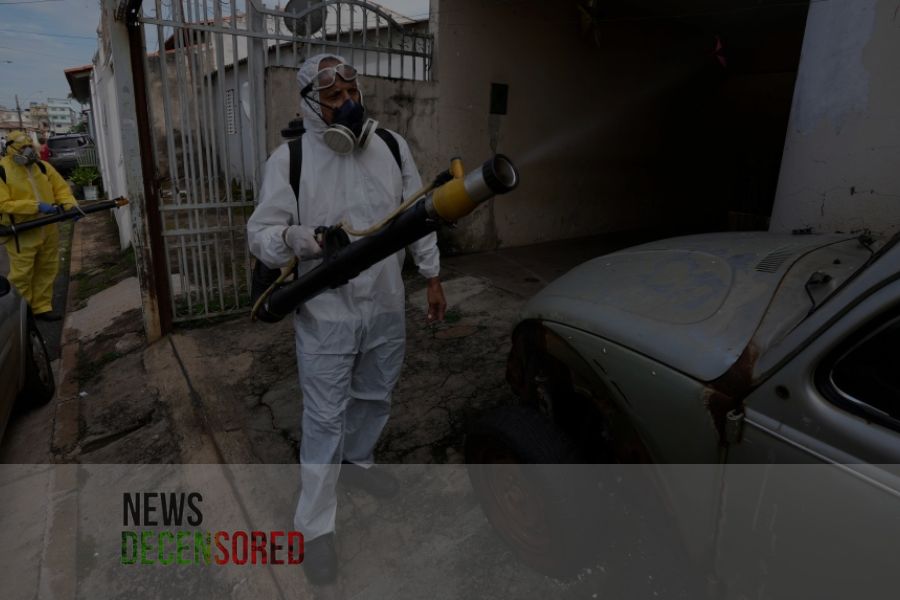The Pan American Health Organization (PAHO) issued a stark warning this week, revealing a surge in dengue cases across the Americas. With over 5.2 million cases reported as of Wednesday, the region surpassed the previous record set in 2023.
“We are facing a public health emergency due to dengue,” declared PAHO Director Jarbas Barbosa during a recent news briefing. Countries in the southern hemisphere, particularly Brazil, have borne the brunt of the outbreak. Rio de Janeiro declared a public health emergency in February as cases skyrocketed.
Peru is another nation grappling with the epidemic. Over 155,000 cases have been reported, triggering health alerts in 20 of the country’s 25 regions. Tragically, 146 people have succumbed to the illness.
While the situation appears to stabilize in some South American hotspots, PAHO cautions that the threat is far from over. They urge countries in the northern hemisphere to brace for a potential rise in cases as spring and warmer temperatures arrive.
“Historically, cases peak in the southern hemisphere during the first half of the year, while the northern hemisphere experiences a surge in the latter half,” explained PAHO spokesperson Ashley Baldwin. “Given the current trend in the south, we anticipate an increase in cases across the north in the coming months.”
According to PAHO, several factors contribute to the rise in dengue. These include rising temperatures, extreme weather events, rapid population growth, and inadequate water and sanitation infrastructure, all of which create ideal breeding grounds for mosquitos.
While the total number of deaths this year (1,858) is lower than 2023’s figure (2,418), the situation remains critical. A vaccine exists that can lessen the severity of the illness and prevent fatalities, but Barbosa emphasizes that it’s not a quick fix for controlling outbreaks.
According to the US Centers for Disease Control and Prevention (CDC), dengue is a mosquito-borne viral infection transmitted primarily by the Aedes aegypti mosquito. The mosquito is also known for spreading yellow fever, chikungunya, and Zika. Dengue can cause flu-like symptoms and even lead to death in severe cases.
Hospitals in Peru, like Lima’s Hospital Sergio Bernales, are overwhelmed by the influx of patients. This year, the facility has treated more than double the number of dengue cases compared to all of 2023. Patients receive care in a special ward built during the COVID-19 pandemic, often surrounded by mosquito netting to prevent further transmission.
PAHO recommends a multi-pronged approach to tackle the outbreak, focusing on surveillance, mosquito control, and effective clinical management of patients. While there’s no specific cure for dengue, early detection and proper medical care can significantly reduce the risk of death from severe cases.
According to the World Health Organization (WHO), dengue is endemic in over 100 tropical and subtropical countries, primarily impacting urban and semi-urban areas. The virus is also endemic in US territories like Puerto Rico, the US Virgin Islands, and American Samoa.















